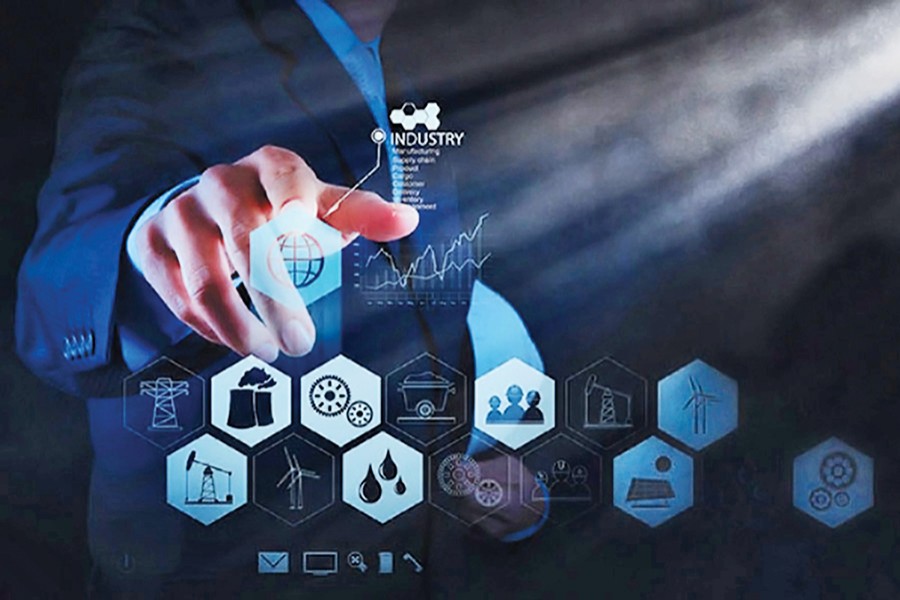When someone thinks of the industrial revolution, the 18th century comes to mind. People think of when the agrarian and handcraft economy slowly changed to an economy run by industry and machinery.
There have already been three industrial revolutions to date. The first revolution took place during the late 1700s and early 1800s. Before this, manufacturing was done at home using small hand tools or basic machines. The revolution pushed production to mechanised mass production using water and steam. The second industrial revolution came around during the late 1800s. It introduced mass production with the aid of electrical power. Then began the third industrial revolution, dubbed as the 'digital revolution', which used electronics and information technology to automate production.
By analysing the three industrial revolutions, it can be said that a 'revolution' in the industry takes place when there is a massive change in the production method. This change is caused by a new invention or a new resource. Several scientists and economists say that we are on the brink of the fourth industrial revolution that is bringing together physical, digital and biological systems. But the question is, are we genuinely ready for the massive changes that will come forth with the fourth industrial revolution?
The third industrial revolution already connected billions of people via the Internet, subsequently producing several more possibilities. The fourth industrial revolution will multiply these possibilities with breakthroughs in fields such as artificial intelligence, robotics, Internet, autonomous vehicles, 3D printing, biotechnology, nanotechnology, energy storage, material science and quantum computing.
Already a lot of improvements can be seen in these fields, which is why we are said to be on the brink of this mega revolution. To date, consumers have seen enormous changes in the way they obtain goods and services. Now almost anything can be acquired through one's mobile device.
With the coming of the fourth industrial revolution, there will be enormous changes on the supply side. Logistics and supply chain will become more effective due to drops in transport and communication costs. Overall the value of trade will diminish, opening doors to more economic growth.
The fourth industrial revolution will also affect customer expectations, product enhancement, collaborative innovation and organisational form. With customers always being the principal focus of any activity, improved or enhanced production capability naturally increases the expectations buyers have. Physical products and services can be improved with digital skills. Meanwhile, a world of customer experiences, data-based services and asset performance through analytics requires new forms of collaboration.
The fourth industrial revolution will also impact the government. As the physical, digital and biological spheres converge, the new technologies will enable the general public to interact more with the government, directly or indirectly.
There are still some more factors to consider. Economists Eric Brynjolfsson and Andrew McAfee pointed out that the revolution will yield greater inequality and will disrupt the labour market. The fourth industrial revolution will bring new dimensions to automation and replace a lot of human labour. Although more sophisticated jobs may be created, society may easily reduce to only two types of working people, 'high skill high pay and low skill low pay'. The demand for workers at the high level and low levels will increase while the middle will be hollowed out. Inevitably this will give rise to social tension. Inequality may be the critical problem that comes with the fourth revolution.
The fourth industrial revolution will also demand business executives and their teams to innovate perpetually. This may not be possible for all businesses even with advanced multi-sphere technology. Thereby several companies may be forced to shut down.
If they can evolve to adapt to a world of sudden changes and become efficient, only then will they be able to survive. Thereby the revolution brings the risk of collapsing entire governments and possibly putting states into anarchy.
Although nothing can be said with certainty, it can be inferred that we are yet to be ready for the fourth industrial revolution.
The writer is a first year student of BBA programme at the Institute of Business Administration (IBA), University of Dhaka. He can be reached at [email protected]


